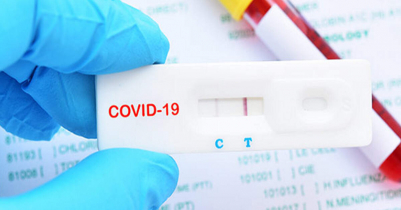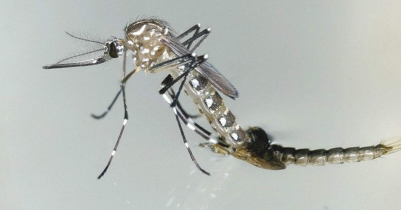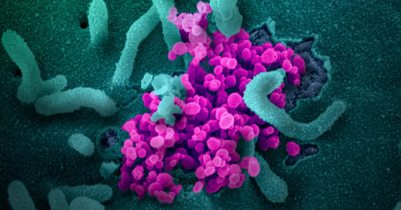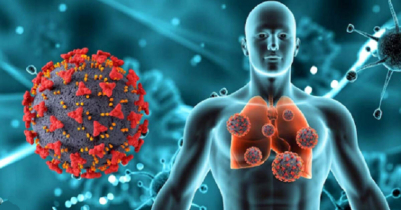Eye News Desk
Sleep Paralysis: What Is It, Causes, Symptoms and Prevention

Suddenly woke up. He noticed that he could not move his hands and feet at all. It seems as if something has been imposed on the body. Arms and legs feel increasingly paralyzed. After some time everything was fine again - many people fall into this problem. Why is this? What is the reason for this?
This problem of sudden limb paralysis during sleep is called sleep paralysis or sleep paralysis. It is a condition when the person's body becomes paralyzed for some time. There is no way to move. In such a situation, many worries arise in the mind of the patient.
In common parlance it is called 'caught dumb'. According to research, this problem is more common among people aged 22-35 years.
Why is sleep paralysis?
Doctors of Britain's National Health Service or NHS have pointed out a few reasons behind the occurrence of sleep paralysis. According to a study by 'Pennsylvania State University' in 2011, 7.6 percent of the world's people suffer from sleep paralysis. About 32 percent of people who suffer from depression have this problem.
Muscles become numb mainly due to the release of two types of chemicals in the brain. As a result, a person's brain is active during sleep, but other organs cannot move. Two neuroscientists Patricia L. Brooks and John H. Peaver of the University of Toronto think so. The two chemicals are glycine and gamma aminobutyric acid-GABA.
What can cause sleep paralysis?
1. It may feel like someone is pushing you down.
2. It looks like someone is in the room.
3. Extra fear may occur.
4. There is a risk of hallucinations.
What are the symptoms of sleep paralysis?
1. Breathing may be difficult.
2. Feeling like you're going to die right now.
3. profuse sweating
4. Excruciating muscle pain.
5. Keeping the head relaxed.
What causes sleep paralysis?
1. Insomnia or poor sleep
2. Narcolepsy
3. severe depression
4. Bipolar disorder
5. Post Traumatic Stress Disorder
Read More
- Control high blood pressure in summer
- Treatments for Constipation in Children
- Benefits of eating watermelon at Iftar
- Harmful aspects of standing to urinate
- These 5 home remedies will remove the smell of sweat
- Exercise more effective than medicines to manage mental health?
- Nutritionist recommends avoiding these 5 common breakfast mistake
- Which is the best country for `Hair Transplant`?
- Bangladesh reports 17 more Covid-19 cases
- Maintaining health in the golden years






























